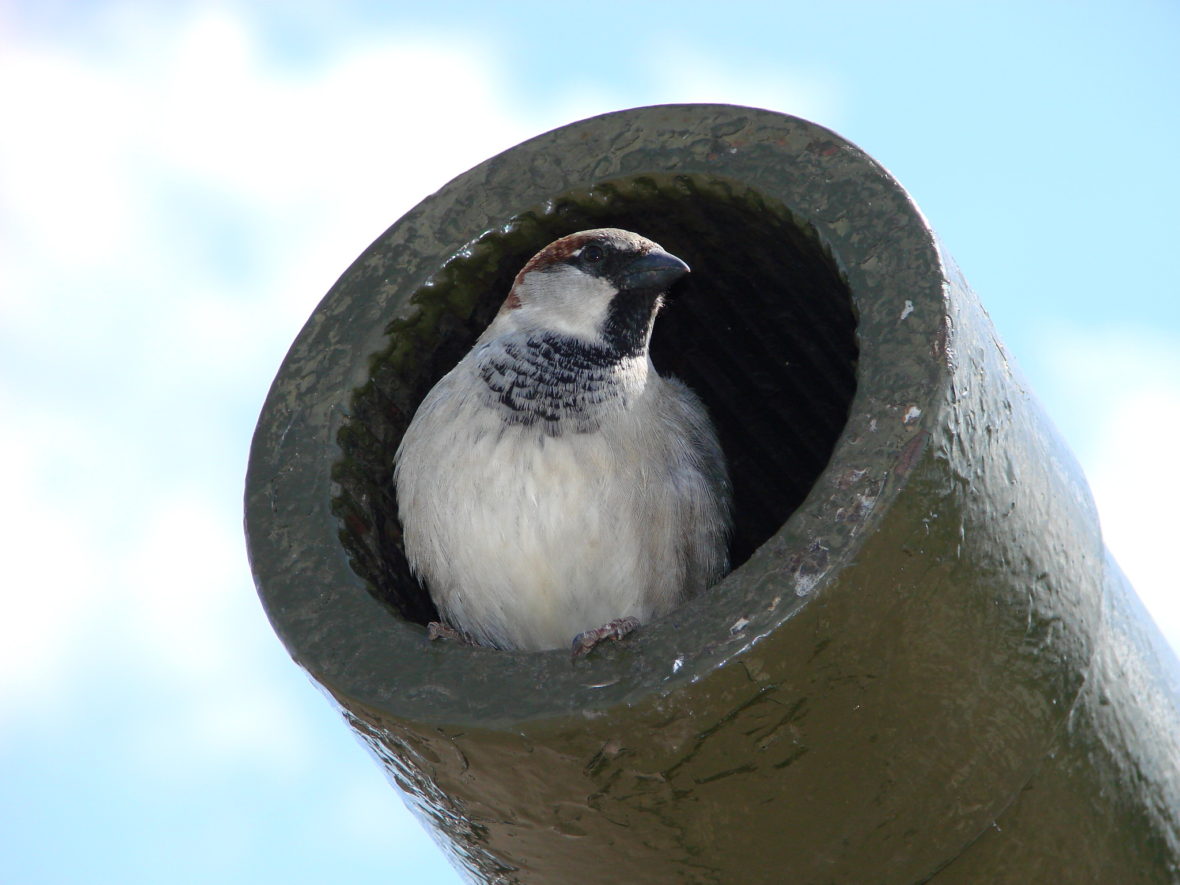Here in lockdown, I spend a lot of time looking out my study window. We stock a bird feeder with seed and suet, so we get the vegetarian finches and omnivorous woodpeckers, as well as squirrels that leap from branches or forage the mossed and muddy ground below. I haven’t seen a New England spring in five years, so I’m transported by Angela Voras-Hills’ vision of a Wisconsin one where, as “everything is beginning/ to thaw,” a frozen lake’s “ice thunders and pings and cracks/ its undoing.”
Her superb debut collection Louder Birds examines the vulnerabilities and yearnings that define the swell of life, whether in bodies of water or bodies in love. Her poems explore a pivotal moment—sometimes ephemeral but always intense—shifting the balance in a fleeting, fluid world. In an interview, Voras-Hills notes that “People have always looked to nature for answers (I’m thinking augury, astrology, bestiaries, etc.),” and through the starlings, bears, night skies and heavy weather that inhabit her poems, Voras-Hills offers visceral knowledge of how “We’ve all been in the presence of something dark//and have chosen not to seek shelter.”
Those lines from “Retrospective” emerge from a scene of a girl standing beside a wheelbarrow “holding a plywood sign that reads://Zucchini/and God.” Like any sign, Voras-Hills writes, “it’s difficult to know how seriously to take it.” A storm is brewing; Voras-Hills links a literal description of standing in a downpour to the unsettling psychology of ambiguous borders and mixed signals:
Clouds drop from the sky
and cover the grass, the field, the trees.
The boundaries between home and the road
are insecure: it’s impossible to navigate this landscape.
“For now,” the poem ends, “the puddle remains/unnamed, so it is not yet a disaster.” Echoing Elizabeth Bishop’s “One Art,” Voras-Hills reminds us how language shapes feeling: first life, then the memory of it.
Life is everywhere in Louder Birds, unruly and rude. It animates a derelict house where light fell “like a body through the ceiling” and “neighbors were sleeping in our walls.” It’s a “red mess” pouring from the future where “Tomorrow//stands with its toes at the edge/of a volcano.” It tangles in a net “poachers set at the edge/of the forest” as Voras-Hills imagines herself the trapped animal and concludes, “…this is why I need you/to carry a knife.” It partners with death in a bird’s bones “pricking through the floor of a nest,” or a rabbit’s blood “spooling away from its head.” Walking barefoot at night with her child, Voras-Hills “pointed up/to the Bear, but…couldn’t ignore/the blood rising over the curb, onto the sidewalk.” Like a pair in a grim fairy tale, they cross “infinite bridges,” following “red tracks/left to dry” before reaching home. No innocent pastoral, the poem requires that those who seek solace in nature inure to its pain.
These days, any poem about landscape can read like an elegy. Dumps like the one where lovers park in “Young People in Love are Never Hungry” become transfer stations; the bears I remember entertaining tourists in the Adirondacks by foraging garbage retreat into forests threatened since 2011 by logging interests. In “Never Eat a Polar Bear’s Liver,” Voras-Hills meditates on balancing the fate of the polar bear, “given a name unstable as ice,” with her compost bin full of “red worms digesting scraps.” “How am I still stubborn enough/to believe in some small reward/for my hand-washed yogurt cups,” she chides herself, scanning the news of another natural disaster adjacent to “Today’s/forecast: sunny, a high of 72.”
Still, Voras-Hills won’t let go her kinship with an environment she writes about so effectively. She twigs to her own yearning in the near-sonnet, “As if the Sun”:
Longing twitters from the small, red body of a cardinal
beside a nest in the forsythia. I consider the grass, the heat
on my bare face, the weight of the cup in my hand.
And in that moment: a crow, a hawk, starling.
As with the lovers in “Young People in Love are Never Hungry”—they’re compared to starlings who destroy other birds’ eggs, letting them drop “like hair clumped from a brush”—a predatory fierceness shadows Voras-Hills’ nests, grass, and heat.
The poems in Louder Birds often elude narrative; they’re constructed, as I once heard Helen Vendler describe Charles Wright’s work, like layers around the nucleus of a pearl. I haven’t always been able to reproduce the way lines present on the page—rarely do they march down the margin, flush left, but indent to form rills and eddies of language that reflect a process of thinking from stanza to stanza. Selected by Traci Brimhall for Pleiades Press’s Lena-Miles Wever Todd Prize for Poetry, Louder Birds tops the must-read list for anyone nursing inner life through the tumult of a wild world.
You can hear Angela Voras-Hills read from Louder Birds here in the Green Mountains Review Social Distance Reading Series.
